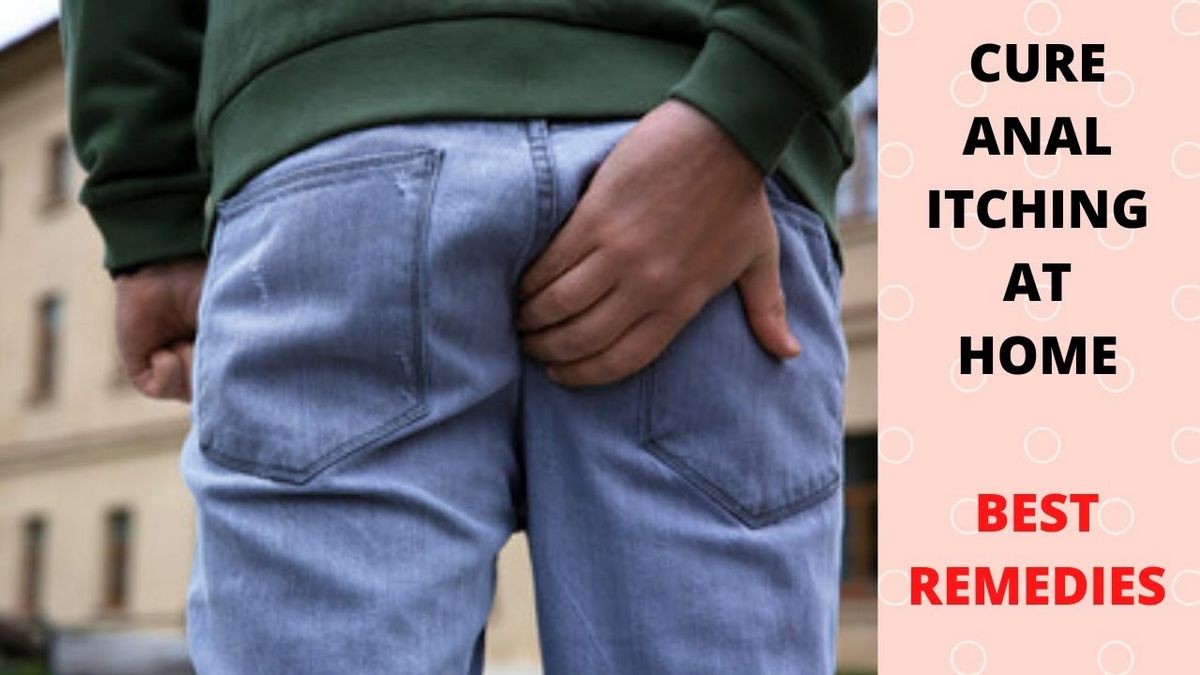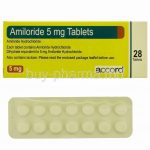
Contents
Anal Itching (Pruritus Ani)
Anal itching (medically known as pruritus ani) is irritation of the skin at the opening of the anal canal, which can lead to itching. The skin surrounding the opening is the anus. The itching is accompanied by the desire to scratch. Although itching may be a reaction to chemicals in the stool, it often implies inflammation of the anal area. The intensity of anal itching and inflammation increases with scratching and moisture. At its most intense, anal itching causes unbearable discomfort, described as burning and soreness.
Common causes of anal itching
External hemorrhoids are located underneath the skin that surrounds the anus and is lower than internal hemorrhoids.
- An itchy bottom can be caused by irritating chemicals in the foods we eat, such as spices, hot sauces, and peppers.
- Anal itching can also be caused by continuous moisture in the anus from frequent liquid stools, diarrhea, or leakage of stool. Moisture increases the possibility of infections, especially yeast, particularly in patients with diabetes or HIV.
- Treatment with antibiotics can lead to a yeast infection and irritation of the anus.
- Psoriasis can irritate the anus.
- Abnormal passageways (fistulas) from the small intestine or colon to the skin surrounding the anus can form as a result of medical conditions like Crohn’s disease, bringing irritating fluids to the anal area.
- Rarely, anal cancer may be the cause of itching.
Other problems that can cause anal itch include:
- Pinworms
- Hemorrhoids
- Tears of the anal skin (fissures)
- Skin tags (abnormal local growth of anal skin)
Signs and symptoms of anal itching
At its most intense, anal itching causes unbearable discomfort described as burning and soreness.
The intensity of anal itching and inflammation increases from scratching and moisture. At its most intense, anal itching causes unbearable discomfort described as burning and soreness, especially during and after bowel movements. There may also be small amounts of bleeding.
Diagnosis and treatment of anal itching
Anal itching can be evaluated by a family practice or internal medicine physician, but it is most often evaluated by a colorectal surgeon (proctologist) or a gastroenterologist.
Anal itching is first evaluated with a careful examination of the anus for abnormalities like hemorrhoids, anal fissures, skin tags, moisture, and skin breaks from scratching. A rectal examination can identify rectal tumors. For a closer look at the anal canal, a proctoscope can be used. If pinworms are suspected, they and their eggs can be identified using the pinworm test, a test in which worms and eggs are recovered from the anus using tape.
IMAGES
Treatment options and home remedies for anal itching
Self-care for simple itching is directed toward relieving symptoms like burning and soreness. It’s important to clean and dry the anus thoroughly and avoid leaving soap in the anal area.
- Gentle showering without direct rubbing or irritation of the skin is recommended for cleaning.
- After bowel movements, moist pads should be used for cleaning instead of toilet paper.
- If there is constant moisture present in the anus or stool incontinence, it may be necessary to clean the anus with wet wipes between bowel movements.
Many over-the-counter (OTC) products are sold for the treatment of anal itching, available as ointments, creams, gels, suppositories, foams, and pads. These products often contain the same drugs used to treat hemorrhoids.
- Ointments, creams, and gels should be applied as a thin covering around the anus.
- Suppositories or foams do not have advantages over ointments, creams, and gels.
Most products contain more than one type of active ingredient. Examples of brand-name products containing one ingredient in addition to the protectant are discussed in this article.
Treatment options:
- Local anesthetics: benzocaine, benzyl alcohol, dibucaine, dyclonine, lidocaine, pramoxine, tetracaine.
- Vasoconstrictors: ephedrine sulfate, epinephrine, phenylephrine.
- Protectants: aluminum hydroxide gel, cocoa butter, glycerin, kaolin, lanolin, mineral oil, white petrolatum, starch, zinc oxide, cod liver oil, shark liver oil.
- Astringents: calamine, zinc oxide, witch hazel.
- Antiseptics: boric acid, phenol, benzalkonium chloride, cetylpyridinium chloride, benzethonium chloride, resorcinol.
- Keratolytics: aluminum chlorhydroxy allantoinate, resorcinol.
- Analgesics: menthol, camphor, juniper tar.
- Corticosteroids: weak corticosteroid products are available over-the-counter, strong corticosteroid products are available by prescription.
If anal itching persists, an examination by a doctor is recommended to identify any underlying causes. Diet adjustments, treatment of infections, or surgical procedures may be required to address the underlying cause.
From Digestive Disorders Resources
- 7 Best Vitamins for Crohn’s Disease
- Side Effects From aHUS Treatment


